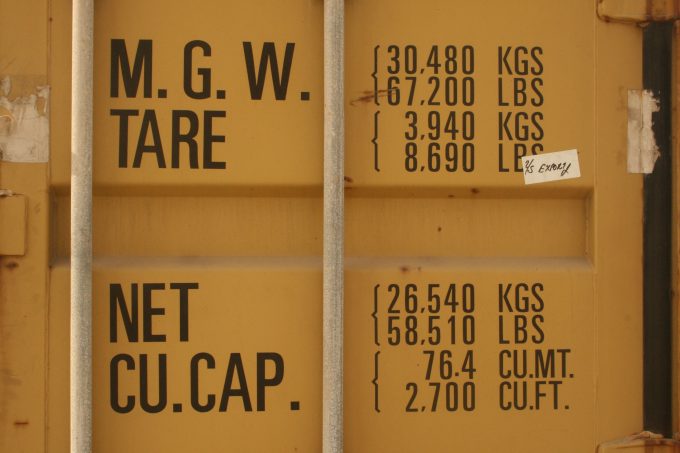A weight off hauliers' minds: shippers must declare loads are road-legal
Next month a new law within the EU will force shippers to declare the weight of ...

For over 20 years, shippers have been legally obliged to declare the correct weight of the containers they have contracted shipping lines to carry – the fact that many routinely have not really ought to be a question of law enforcement.
After all, transgressors are hiding ...
Predatory rivals circle as the ripples from DSV's Schenker buy widen
MSC Elsa crew face criminal probe, as Wan Hai 503 firefighters battle on
Latest Israeli attack on Iran a threat to box ships in Straits of Hormuz
Industry concerns rise after yet another box ship on fire off Indian coast
'It's driving us mad', say forwarders as US court fails to end tariff turmoil
European port congestion easing – for now
More legal trouble in India for MSC: feeder vessel detained after box ship disasters
MSC to hold 15% global container terminal market share after Hutch buy
EXCLUSIVE: The good old DSV, 'Winning as One' – all Schenker top dogs out (Part 2)
EXCLUSIVE: Schenker top exec departs 'One DSV' – fishing continues (Part 1)
DHL makes €500m bid to increase its presence in 'fast-growing Gulf markets'

Comment on this article